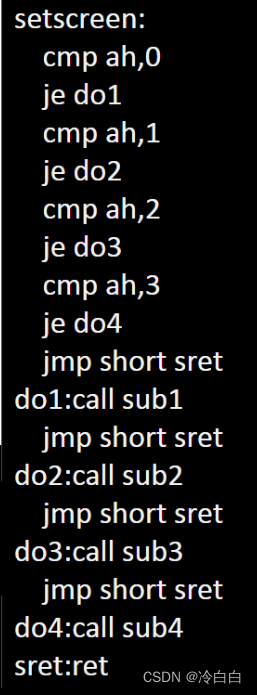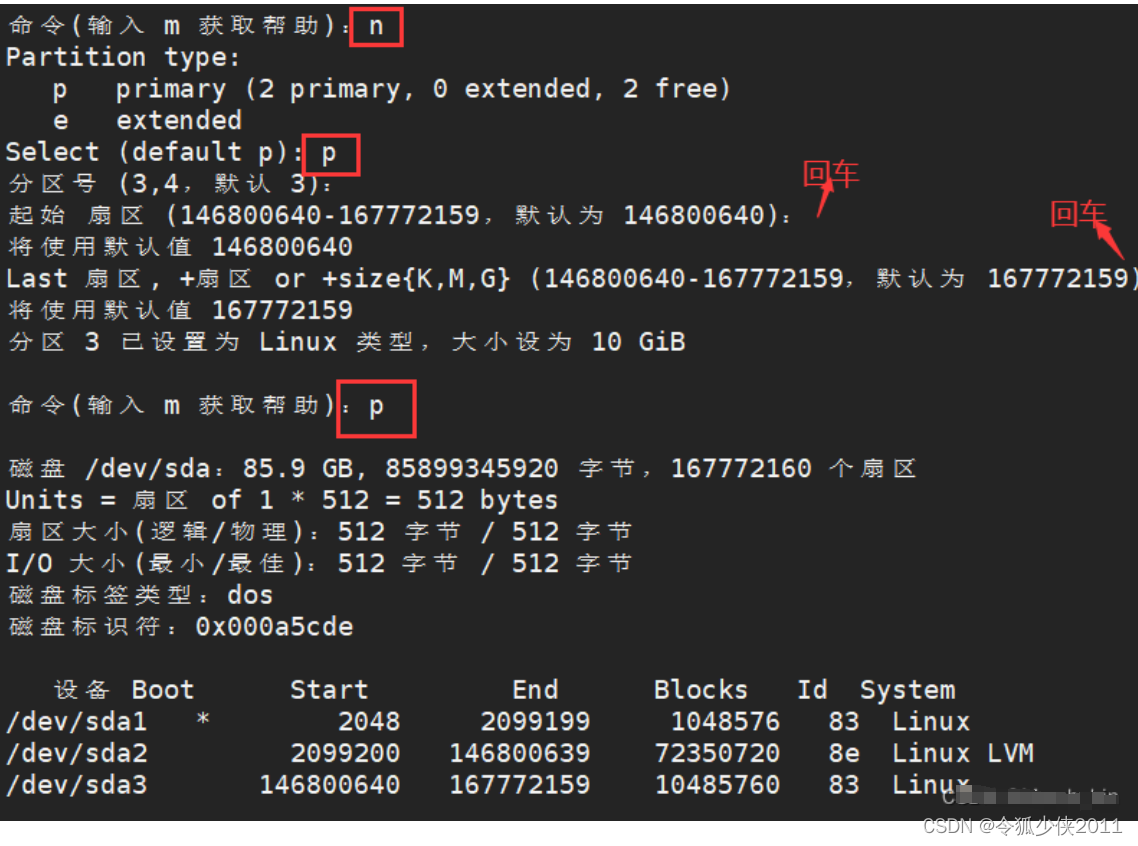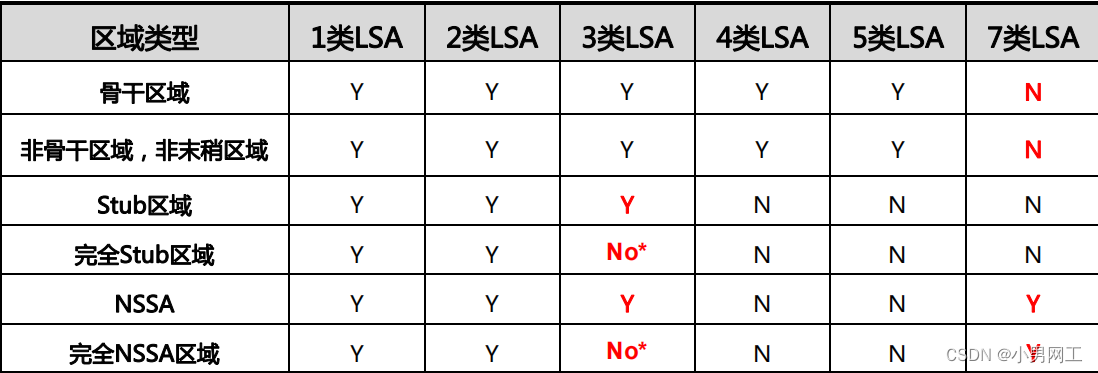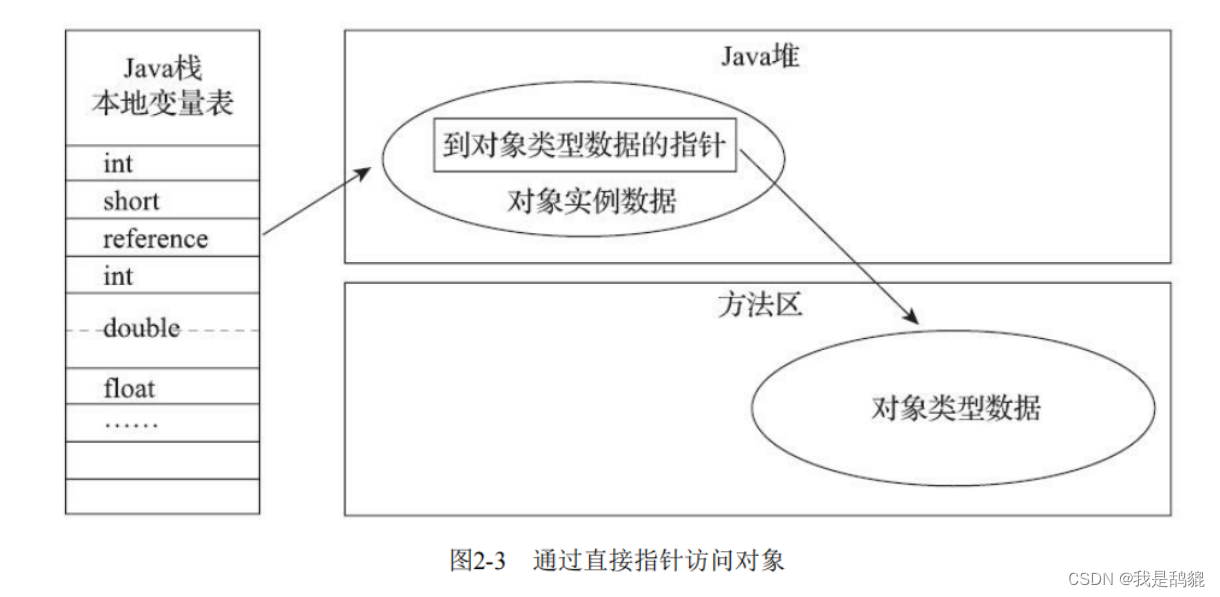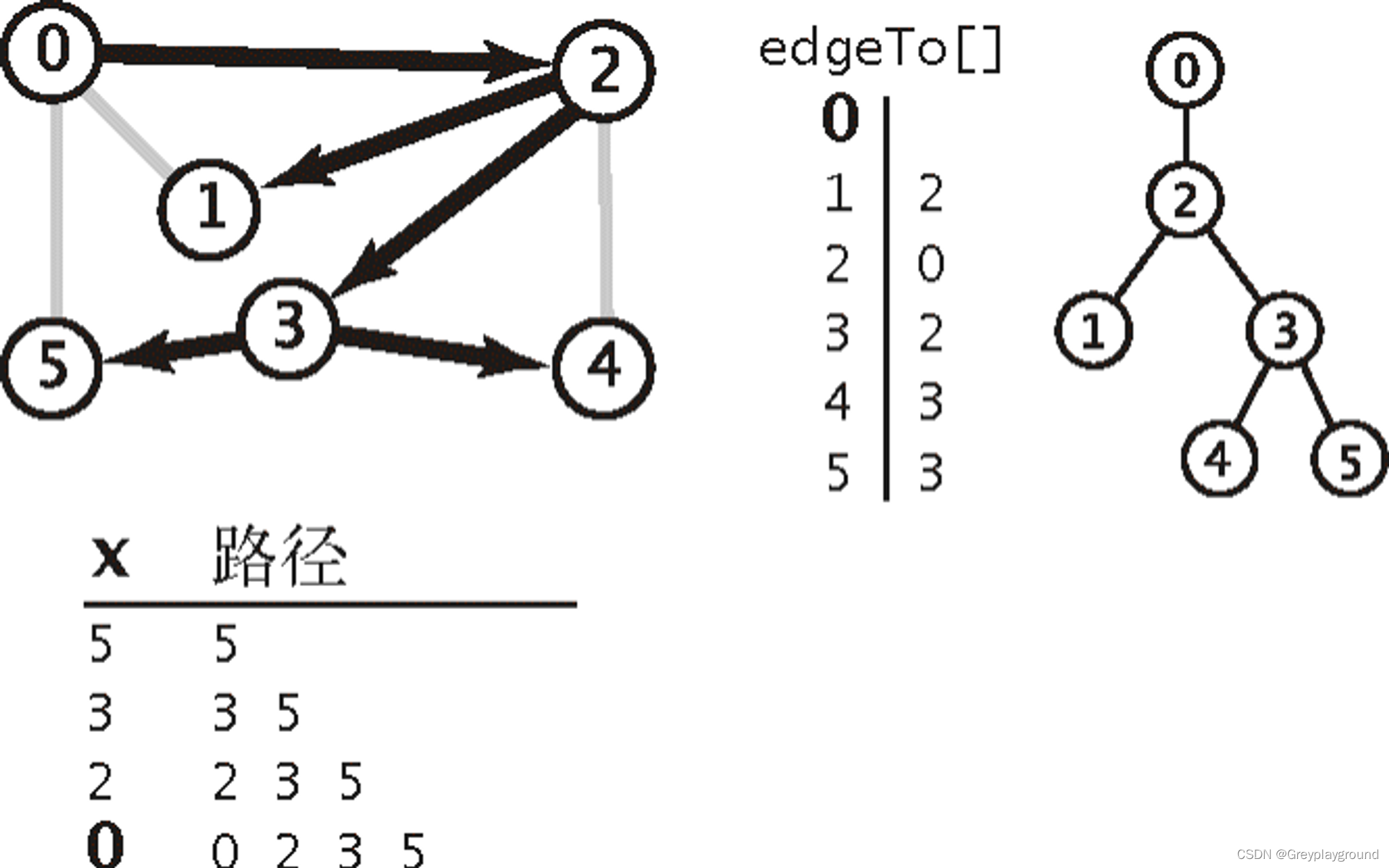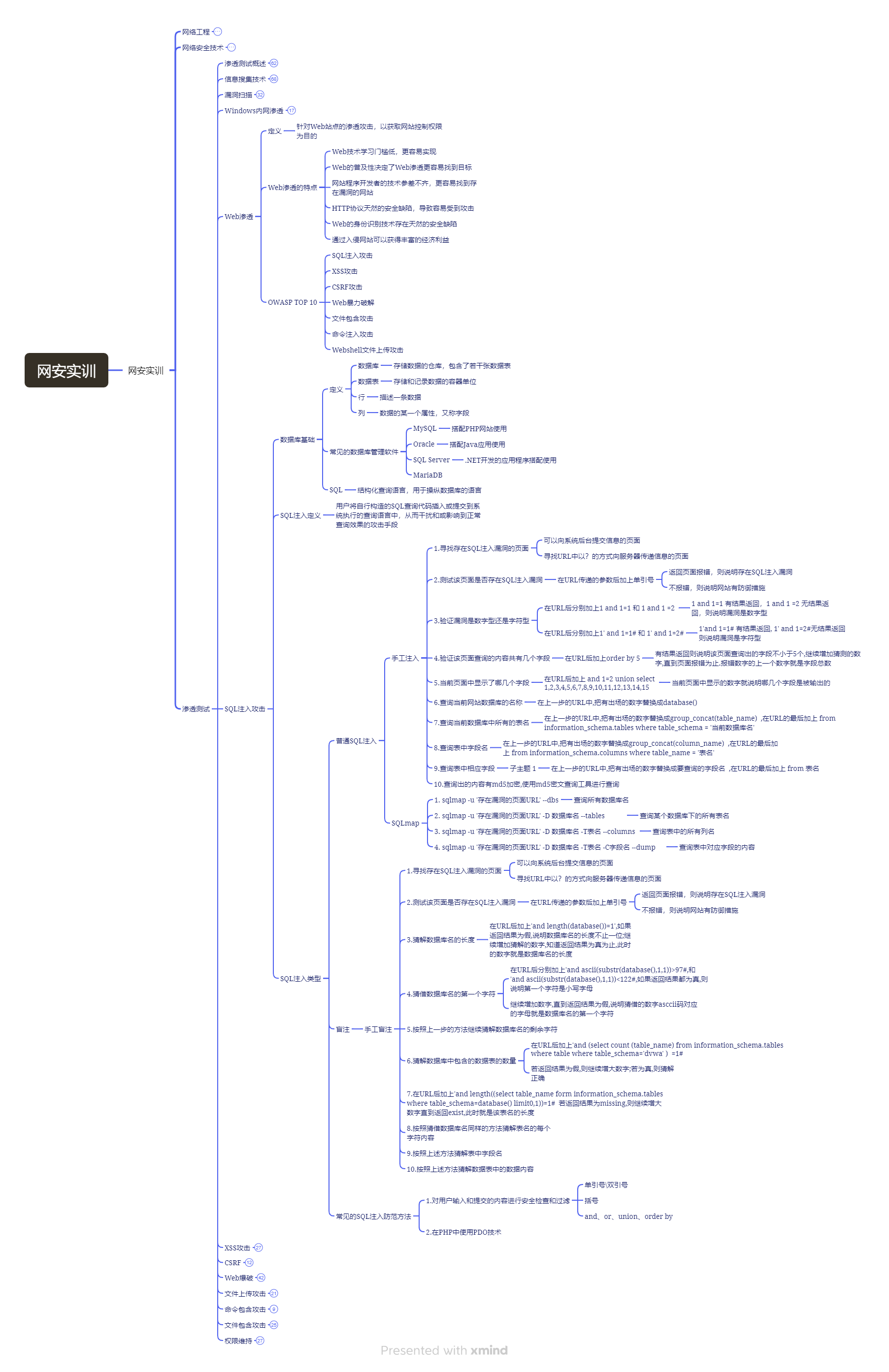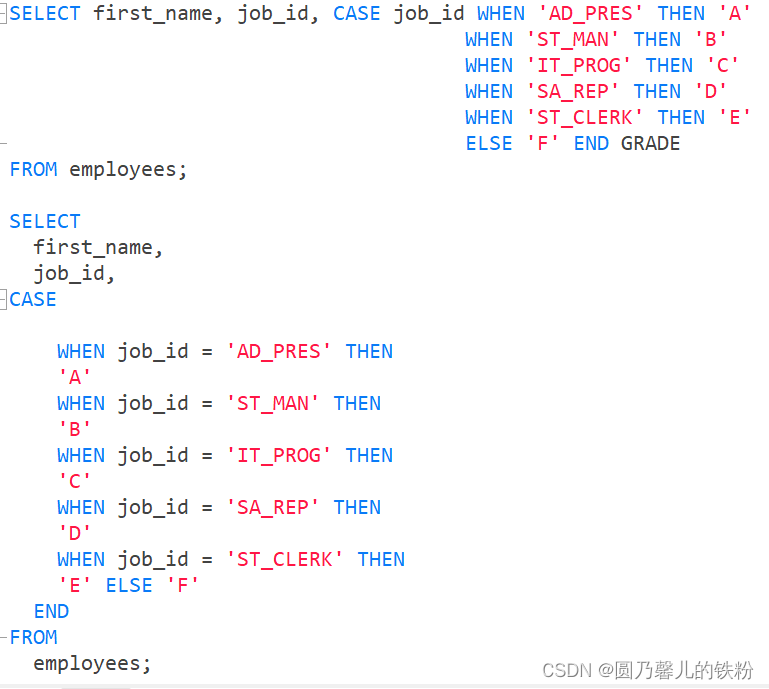1在Complex类的基础上,完成^,>>,<<,~运算符的重载
#include <iostream>
using namespace std;
class Complex
{
int rel; //实部
int vir; //虚部
public:
Complex(){}
Complex(int rel,int vir):rel(rel),vir(vir){}
void show()
{
cout << this->rel << "+" << this->vir << "i" << endl;
}
friend Complex operator-(const Complex c1,const Complex c2);
friend Complex operator/(const Complex c1,const Complex c2);
friend bool operator==(const Complex c1,const Complex c2);
friend Complex operator++(Complex &c1,int);
friend ostream &operator<<(ostream &out,Complex c1);
friend istream &operator>>(istream &in,Complex &c1);
Complex operator~() const {
return Complex(-rel, -vir);
}
Complex operator^(const Complex& other) const {
// 实部相减,虚部相加
return Complex(rel - other.rel, vir + other.vir);
}
//成员函数版实现+运算符重载
Complex operator+(const Complex c1);
//成员函数版实现*运算符重载
Complex operator*(const Complex c1);
//成员函数版%运算符重载
Complex operator%(const Complex c1);
// <<
friend ostream &operator<<(ostream &out,Complex c1);
// >>
friend istream &operator>>(istream &in,Complex c2);
//成员函数版>运算符重载
bool operator>(const Complex c1);
bool operator!();
//成员函数版的前自增运算重载,单目运算符,成员函数版运算符重载无需传参
Complex operator++()
{
++this->rel;
++this->vir;
return *this;
}
//成员函数版()运算符的重载
operator int()
{
return this->rel;
}
// operator double()
// {
// return 0.9;
// }
// operator char()
// {
// return 'a';
// }
//使用operator()实现仿函数的功能
int operator()(int a,int b)
{
return a>b?a:b;
}
void operator()()
{
cout << "这是一个仿函数" << endl;
}
};
//成员函数版的!运算符重载
bool Complex::operator!()
{
return !(this->rel||this->vir);
}
bool Complex::operator>(const Complex c1)
{
return this->rel>c1.rel;
}
ostream &operator<<(ostream &out,Complex c1){
out<<c1.rel<<"+"<<c1.vir<<"i"<<endl;
return out;
}
istream &operator>>(istream &in,Complex c2){
in>>c2.rel>>c2.vir;
return in;
}
Complex Complex::operator%(const Complex c1)
{
Complex temp;
temp.rel = this->rel%c1.rel;
temp.vir = this->vir%c1.vir;
return temp;
}
Complex Complex::operator*(const Complex c1)
{
Complex temp;
temp.rel = this->rel*c1.rel;
temp.vir = this->vir*c1.vir;
return temp;
}
Complex Complex::operator+(const Complex c1)
{
//实例化了一个temp类对象,并调用了有参构造
//Complex temp(this->rel+c1.rel,this->vir+c1.vir);
Complex temp;
temp.rel = this->rel+c1.rel;
temp.vir = this->vir+c1.vir;
return temp;
}
//全局函数版本的-运算符重载
Complex operator-(const Complex c1,const Complex c2)
{
//实例化一个类对象,用于返回运算后的结果
Complex temp;
temp.rel = c1.rel-c2.rel;
temp.vir = c1.vir-c2.vir;
return temp;
}
//全局函数版/运算符重载
Complex operator/(const Complex c1,const Complex c2)
{
Complex temp;
temp.rel = c1.rel/c2.rel;
temp.vir = c1.vir/c2.vir;
return temp;
}
//全局函数版本==运算符重载
bool operator==(const Complex c1,const Complex c2)
{
return c1.rel==c2.rel&&c1.vir==c2.vir;
}
//全局函数版后自增运算符重载
Complex operator++(Complex &c1,int)
{
Complex temp(c1.rel++,c1.vir++);
return temp;
}
//全局函数版<<运算符重载,
//参数是ostream类对象的引用,返回值也是ostream类对象的引用
ostream &operator<<(ostream &out,Complex c1)
{
out << c1.rel << "+" << c1.vir << "i" << endl;
return out;
}
//全局函数版>>运算符重载,传类对象的引用,因为需要把输入保存在类对象中
istream &operator>>(istream &in,Complex &c1)
{
in >> c1.rel >>c1.vir;
return in;
}
-
在昨天作业myString类的基础上,完成+、关系运算符、逻辑运算符、输入输出运算符的重载
#include <iostream>
#include <cstring>
using namespace std;
class myString
{
private:
char *str; //记录c风格的字符串
int size; //记录字符串的实际长度
public:
//运算符重载
friend myString operator+(const myString s1,const myString s2);//+
friend ostream &operator<<(ostream &out,myString s1);//左移
friend istream &operator>>(istream &in,myString &s1);//右移
//>、<、==、!=关系运算符重载
friend bool operator>(const myString s1,const myString s2);
friend bool operator<(const myString s1,const myString s2);
friend bool operator==(const myString s1,const myString s2);
friend bool operator!=(const myString s1,const myString s2);
//无参构造
myString() : str(new char[1]), size(0)
{
str[0] = '\0';
//cout<<"无参构造"<<endl;
}
//有参构造
myString(const char* s)
{
size = strlen(s);
str = new char[size + 1];
strcpy(str, s);
//cout<<"有参构造"<<endl;
}
myString(string s1)
{
size = s1.size();
str = new char[size + 1];
strcpy(str, s1.c_str());
// cout<<"有参构造"<<endl;
}
//拷贝构造
myString(const myString &other)
{
size = other.size;
str = new char[size + 1];
strcpy(str, other.str);
//cout<<"拷贝构造"<<endl;
}
//拷贝赋值函数
myString& operator=(const myString &other)
{
if (this != &other) {
delete[] str;
size = other.size;
str = new char[size + 1];
strcpy(str, other.str);
//cout<<"拷贝赋值"<<endl;
}
return *this;
}
//析构函数
~myString()
{
delete[] str;
//cout<<"析构"<<endl;
}
//判空函数
bool empty()
{
return size==0;
}
//size函数
void mysize()
{
cout<<"size = "<<size<<endl;
}
//c_str函数
char* c_str()
{
return str;
}
//at函数
char &at(int pos)
{
if (pos < 0 || pos >= size) {
cout<<"位置不合法"<<endl;
}
return str[pos];
}
};
//+
myString operator+(const myString s1,const myString s2)
{
myString temp;
temp.size = s1.size+s2.size;
temp.str=strcpy(temp.str,strcat(s1.str,s2.str));
return temp;
}
//左移运算符重载
ostream &operator<<(ostream &out,myString s1)
{
out<< s1.str <<" "<<s1.size;
return cout;
}
//右移运算符重载
istream &operator>>(istream &in,myString &s1)
{
string s;
in>>s;
s1.size = s.size();
strcpy(s1.str, s.c_str());
return cin;
}
bool operator>(const myString s1,const myString s2)
{
string s3 =s1.str;
string s4 =s2.str;
return s3>s4;
}
bool operator<(const myString s1,const myString s2)
{
string s3 =s1.str;
string s4 =s2.str;
return s3<s4;
}
bool operator==(const myString s1,const myString s2)
{
string s3 =s1.str;
string s4 =s2.str;
return s3==s4;
}
bool operator!=(const myString s1,const myString s2)
{
string s3 =s1.str;
string s4 =s2.str;
return s3!=s4;
}



